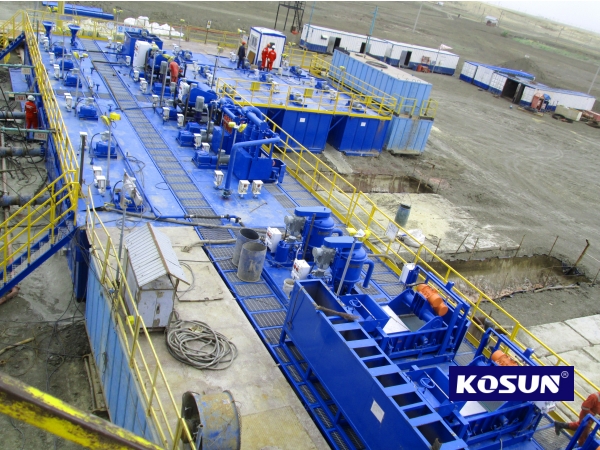Drilling mud waste management is a critical aspect of the drilling process that requires careful attention to ensure environmental protection and compliance with regulations. When disposing of drilling mud waste, several key factors should be carefully considered to minimize environmental and human health impacts.
First, attention must be paid to the composition of drilling mud waste. Drilling mud typically contains a mixture of water, clay and various chemicals. Understanding the specific composition of waste is critical to determining the most appropriate disposal method. Some drilling mud waste may be classified as hazardous waste due to the presence of toxic chemicals, heavy metals, or other hazardous materials. In such cases, special handling and disposal procedures may be required to prevent contamination of soil and water sources.
Another important consideration in the drilling mud waste management process is the selection of an appropriate disposal site. It is crucial to choose a location that complies with local regulations and environmental guidelines. The site should be equipped with facilities capable of handling the quantities and types of waste to be disposed of, and measures should be in place to prevent contaminants from leaching into the surrounding environment.
Additionally, disposal methods are a key aspect to consider. There are many options for drilling mud waste disposal, including land application, injection wells, and disposal and discharge. Each method has its own set of requirements and potential environmental impacts. It is important to carefully evaluate the best disposal methods based on the specific characteristics of the waste and local environmental conditions.
Additionally, proper documentation and record keeping is critical during drilling mud waste disposal. Keeping detailed records of waste composition, disposal methods and disposal locations is important for regulatory compliance and environmental monitoring.
In conclusion, drilling mud waste management requires special attention to ensure environmental protection and regulatory compliance. The potential environmental impact of drilling mud waste can be minimized by understanding the composition of the waste, selecting an appropriate disposal site, selecting the correct disposal method, and maintaining complete documentation. It is critical for companies involved in drilling operations to prioritize responsible waste management practices to protect the environment and public health.
KOSUN- China Solids Control Leader&Drilling Waste Management Expert
Email: sales2@adkosun.com
WhatsApp/Wechat:+86 13379250593
Contact person: Monica Li
Online consulting:
http://www.kosun.com
http://www.kosuneco.com


